Children guidance is the most crucial feature of children’s life as it allows them to express and share their emotions, thoughts or ad even hidden feelings. Children counseling should be used to cushion children from anxieties, trauma, depression, bad behaviors among others.
It also helps children learn how to handle life challenges, better communication skills with their peers and family members; therefore becomes good in building up resilience and self- regard.
Understanding Children Counseling
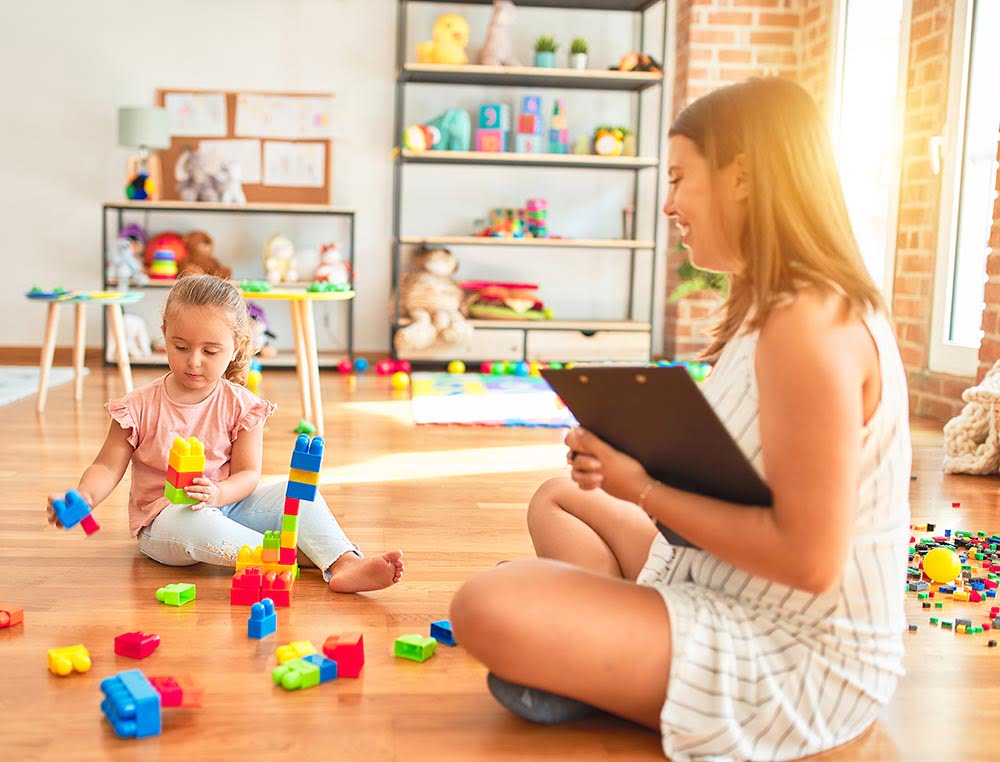
What is Children Counseling?
Child therapy or pediatric counseling are two other names for children counseling which is specifically designed to meet emotional, behavioral as well as mental health needs of kids and teenagers. It offers a safe environment where children freely speak about their emotions and concerns.
Why is Children Counseling Important?
Healthy development cannot take place without involving the process of children counseling because there are always issues like anxiety, depression stressors found sometimes at homes caused by some trauma incidents among families.
Teaching them on ways they can cope with life challenges has seen them improve on how they communicate both within their families and friends hence becoming more resilient as well as developing high level of self-esteem.
7 Powerful Techniques for Effective Children Counseling
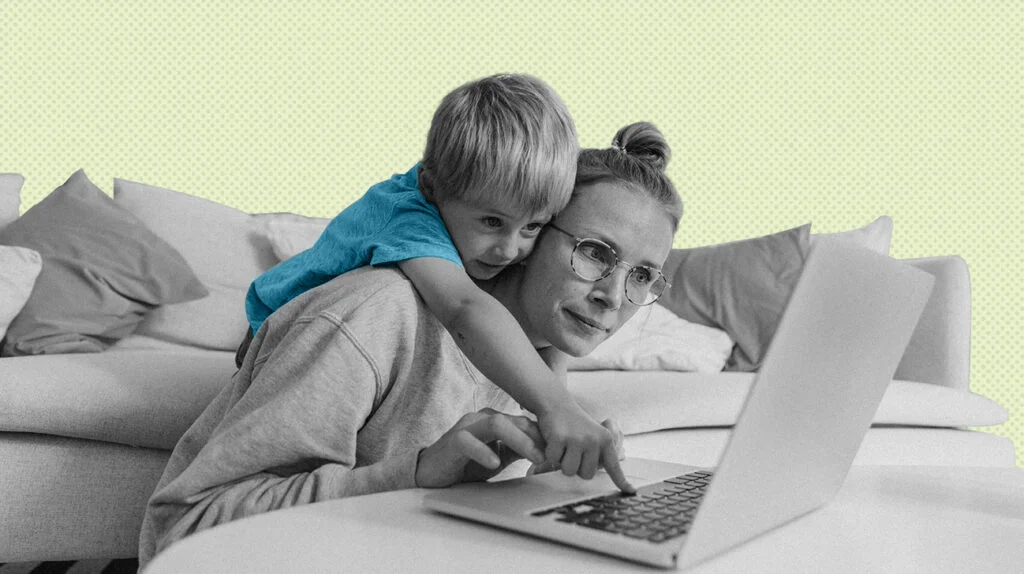
1. Play Therapy
What is Play Therapy?
Play therapy means that a child uses play to talk and communicate. This gives children an opportunity to express their feelings, thoughts and experiences in an open and comfortable way.
How does it Work?
Children are offered with different toys, tools like paints, crayons, pencils and paper that they need when drawing or painting pictures. The therapist observes kids playing while identifying some themes, patterns and emotions being expressed.
Children receive guidance so as to understand their feelings better while also learning how to deal with conflicts and become problem solvers.
Benefits of Play Therapy
- Aids in self-expression and imaginative power.
- Helps in building trust between the child and therapist.
- Assists children in appreciating their emotions more fully.
- Develops emotional regulation skills which build resilience in young minds.
2. Cognitive Behavioral Therapy (CBT)
What is CBT?
Cognitive Behavioral Therapy (CBT) is an empirically supported intervention aimed at identifying maladaptive thought processes as well as behaviors to reform them into positive ones for individuals who suffer mental disorder(s). It teaches kids practical techniques for dealing with life’s challenges that help them develop healthier coping mechanisms.
How does this work?
In CBT, children learn how to identify and question negative automatic thoughts, maladaptive beliefs and behaviours. Through structured exercises and homework assignments the children develop skills to manage stress, anxiety and miscellaneous emotional difficulties. CBT also has problem-solving techniques as well as positive self-talk and behavior.
Advantages of CBT
- Offers practical tools for managing emotions.
- Helps one feel more powerful and in control of their life.
- Focuses on specific problems such as anxiety, depression, or phobias.
- Promotes active involvement in therapy with an emphasis on developing skills.
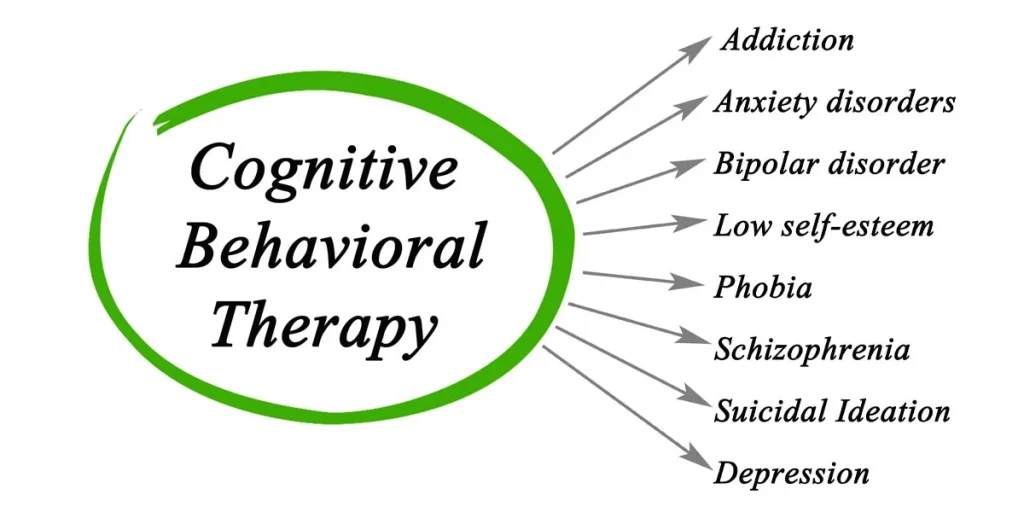
3. Art Therapy
What is Art Therapy?
Art therapy involves using drawings, paintings, sculpture etc. in counseling for healing purposes or helping patients gain insight into themselves. It allows kids to voice out their concerns through art making rather than using words.
How does it Work?
In this form of therapy children engage in art activities with guidance from a trained therapist. They can express these emotions through various forms including drawings while engaging in the process of making art work. The artwork provides an outlet for expressing one’s inner feelings; it also serves as cues for insight into one’s psychological world.
Benefits of Art Therapy
- Offers a means of expressing emotions that do not involve using words.
- Promotes self-reflection and awareness.
- Mitigates stress and induces relaxation.
- Stimulates imagination and inventiveness.
4. Mindfulness Techniques
What Is Mindfulness?
This is being totally aware of the present, where curiosity and acceptance come in. Children learn to go through their thoughts, experiences and feelings without judging them as either positive or negative thereby having a capacity to effectively handle different situations in life.
How does it Work?
Children counseling employs mindfulness techniques like deep breathing techniques (breath awareness), guided imagery and body scans to ground children into their bodies. Kids can learn how to reduce stress levels, calm themselves during times of emotional upheaval while performing better academically by being able to focus on one thing for longer periods of time through various activities like yoga or tai chi.
Benefits of Mindfulness Techniques
- Emotion regulation & resilience enhancement.
- The alleviation of anxiety disorders including depression; as well as impulsivity control mechanisms.
- Better attention skills; memory development among other cognitive functions.
- Cultivates stillness making one feel relaxed after the session.
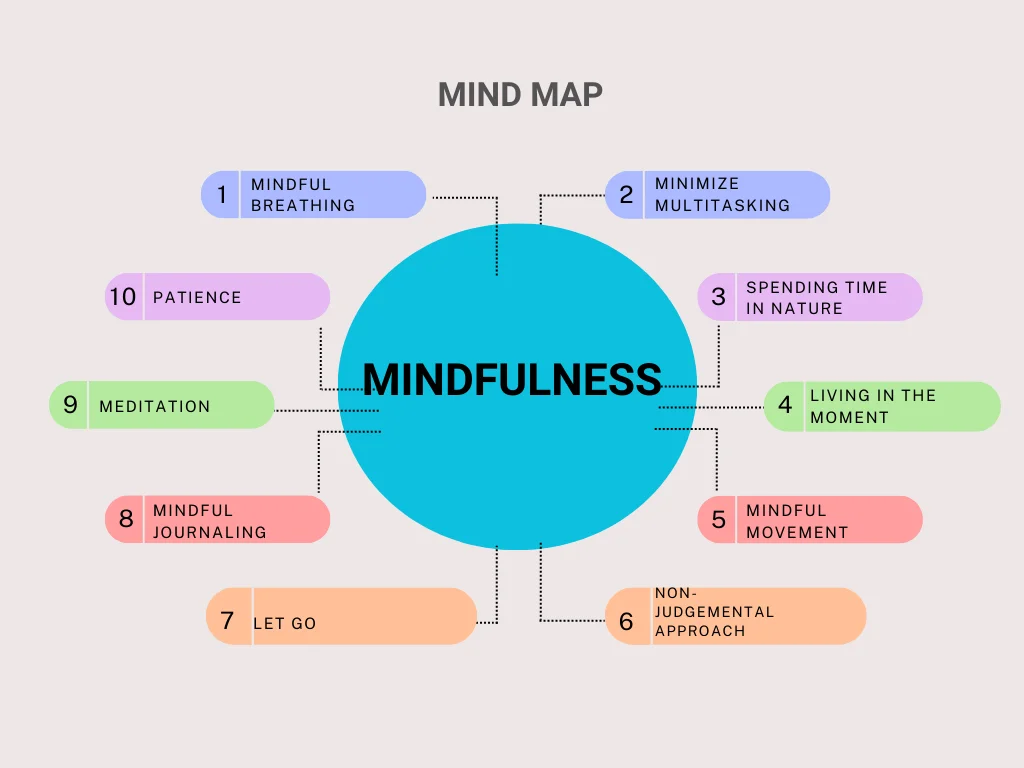
5. Family Therapy
What is Family Therapy?
Family therapy looks at communication patterns within the entire family, interpersonal dynamics among members as well as conflicts between siblings. It also considers that these relationships are part of a larger system impacting individuals in it including kids.
How is it Done?
Families in therapy attend sessions, led by a professional. In the process of communication, inquiry and solution, family members are taught how to improve their relationships, enhance their communication skills and resolve conflicts that arise. Furthermore, this form of therapy offers an enabling environment for children to vent out their feelings and worries.
Advantages of Family Therapy
- Builds better family communications and unity
- Deals with fundamental family dynamics and patterns
- Promotes understanding as well as empathy among these relatives
- Helps children during periods of family problems or adjustments.
6. Narrative Therapy
What is Narrative Therapy?
It seeks to rewrite personal stories collaboratively using strengths perspective approach. It involves helping children externalize problems, resist problem-saturated stories, and discover new possibilities in life.
How does it Work?
Children in narrative therapy are encouraged to share their own accounts as told in a supportive non-judgmental setting. With guided questioning and reflection, they can find strengths, values, and resources which counteract the negative impacts of traumatic experiences along with other hardships that were encountered previously. Moreover this type of therapy enhances self-efficacy and fortitude.
Analyzing the Benefits of Narrative Therapy
- It prompts self-reflection and standpoint seeking.
- It fosters empowerment and autonomy.
- It offers resilience and resourcefulness.
- Develops hopefulness, a belief in change and a sense of possibility.
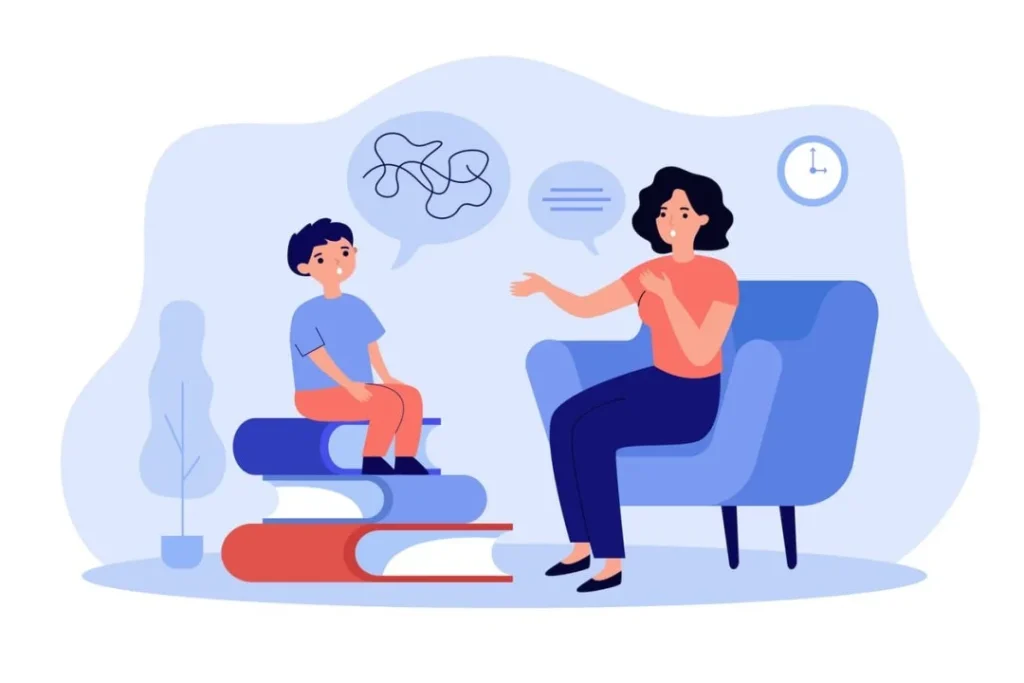
7. Social Skills Training
What is Social Skills Training?
Social skills training entails teaching young children vital social as well as interpersonal abilities which will help them to manage social situations, build healthy relationships among themselves. It tackles problems like timidity, social anxieties and difficulty making friends.
How does it Work?
During social skills training, children are taught basic requirements like active listening, assertiveness, conflict resolution or empathy through structured activities like role playing exercises. The therapist guides them through this development process to enable them practice these skills within real-life scenarios.
Benefits of Social Skills Training
- Enhances communication and relationship building skills.
- Builds self-confidence, improves self-esteem.
- Reduces social anxiety, combats isolation.
- Promotes social success, bolsters peer acceptance.
Conclusion
Use of varied techniques to meet individual child is how one can come up with effective children counseling. This will further enhance access to a range of therapies including play therapy, cognitive behavioral therapy, art therapy, mindfulness-based interventions, family counseling, narrative approach and social skills training that promote good mental health among the young ones.
Alternatively, you may choose learning some of these methods so that you can actively participate in helping your kids through psychological problems. This builds resilience in them, develops adaptive coping mechanisms as well as creates an environment that encourages growth.
FAQs
Q: What is the typical duration for this kind of counseling?
A: The duration that kids spend on counselling varies depending on their personal needs and desires from it. A few kids could need just short-term therapies lasting for several months while others might require more long term help.
Q: How do I know if my child needs professional advice?
A: A change like this might indicate the necessity of taking a child for guidance sessions: changes have occurred related to behavior; emotional state; school results; relationships with peers; or physical condition. So if you think that something is wrong with your son/daughter then talking with an experienced psychologist would be useful.
Q: Can parents participate in children counseling sessions?
A: Indeed, parents are often encouraged to join the children for counselling sessions, particularly in family therapy or parent-child sessions. Such working with therapists can promote communication, understanding and support within the family system
Q: What qualifications should I look for in a children counselor?
A: Seek licensed psychological health providers trained in working with the young people and having experience when selecting a child therapist. These may be Licensed Professional Counselor (LPC), Licensed Clinical Social Worker (LCSW) or Licensed Marriage and Family Therapist (LMFT).
